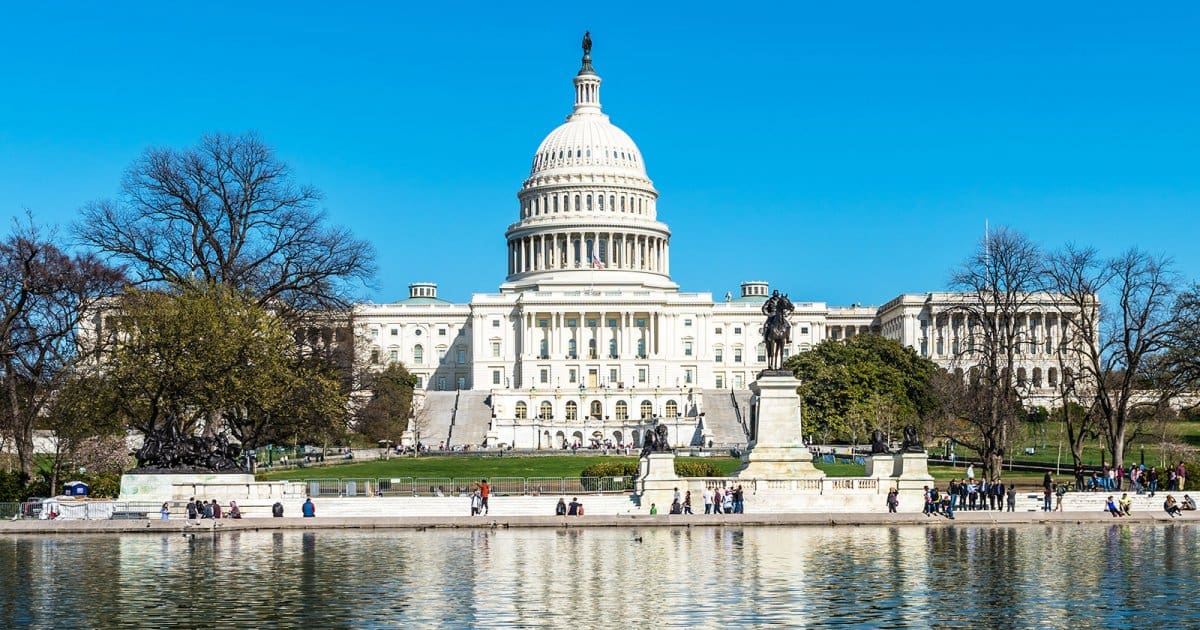
150% Rule Litigation and Congressional Letter Top The Week’s News Thus Far
But There Could Be One More Vitally Important Action Yet This Week
Overview
Two key actions related to the “150% Percent Rule” contained within the Final Rules published last October took place this week that both hope to slow the implementation of the changes to 34 C.F.R §668.14(b)(26)(ii) and (iii)
that are set to take effect on July 1^st (twenty-four days from now).
First came the news on Monday, June 3rd that a group of institutions under 360 DEGREE EDUCATION, LLC, d/b/a Cortiva Institute; and THE COALITION FOR CAREER SCHOOLS filed a lawsuit challenging the “150% Rule”, but describing it as “Bare Minimum Rule.”
Then, on Wednesday, June 5th, Representative Lloyd Smucker (R-PA) sent a bipartisan letter to Secretary of education Miguel Cardona calling for a delay in implementation of the “150% Rule” till July 1, 2025.
“Bare Minimum Rule” Litigation Filed in Texas
On Friday, May 31, 2024 360 DEGREE EDUCATION, LLC, d/b/a Cortiva Institute; and THE COALITION FOR CAREER SCHOOLS filed a complaint in the Northern District Court of Texas seeking to delay implementation of the Final Rule set to take effect July 1st which requires all GE eligible programs providing licensure or certification programs with mandatory program lengths in clock hours to provide only programs equivalent to the state’s prescribed program length.
Bipartisan Letter Requesting Delay In Implementation of the 150% Rule Until July 1, 2025
On Wednesday, June 5, Representative Lloyd Smucker (R-PA) sent a bipartisan letter (signed by Representatives Thomas Suozzi (D-NY), Burgess Owens (R-FL), Darren Soto (D-FL), Dan Meuser (R-PA), Glen “G.T.” Thompson (R-PA), and Jefferson Van Drew (R-NJ)) to Secretary of Education Miguel Cardona requesting that the Secretary and the Department delay implementation of the new regulations until July 1, 2025.
The opening of the letter requests additional time to enable, “community colleges, career colleges, and adult education programs at Career and Technical Centers (CTCs) with clock hour programs to align their programs with their state’s minimum number of hours. This is necessary to ensure that students will continue to have access to federal financial aid in order to complete educational and training programs that will lead to family-sustaining jobs.”
The letter then goes on to recognize the initial extension provided by the Department to both protect the eligibility of students enrolled prior to July 1, 2024 for maintaining the potential benefits of the 150% Rule and additional time for institutions to transition programs to the state’s mandatory program lengths. But suggests that more time, and clarity, is needed in order to implement the regulations, concluding:
“We, the undersigned Members of Congress, respectfully request that the Department fully extend the deadline to July 1, 2025, for schools to align their clock hour programs with their state’s minimum number of hours, without utilizing ’enforcement discretion.’ This will permit institutions to secure alternative funding options for students who will be ineligible for Title IV federal financial aid and Pell Grants, prepare new curriculum, adjust marketing materials to comply with the regulations, adjust their budgets so they comply with state, federal, and accreditor regulations, and other related efforts.
Career-oriented programs are preparing students for success in careers that meet the demands of our modern workforce. Institutions that offer education and career preparation for students should be given a longer runway when preparing to comply with the Department’s October 2023 rule that revoked the prevailing clock hour rule. We urge the Department to extend the deadline until July 1, 2025, in order to ensure that students participating in these programs
continue to have access to education that will launch them into a successful career.”
CSPEN encouraged institutions within our community to ask your elected officials to co-sponsor to co-sign the letter, and congratulates those constituents who were able to gain their elected official’s support. We continue to urge all impacted institutions, and the broader higher education community as well, to support both this request and the underlying legislative proposals introduced by Representative Smucker which seeks to maintain the status quo and prevent the Department from limiting educational program delivery to students.
All Points Bulletin: Be On the Lookout for Submission of “Program Integrity and Institutional Accountability NPRM” to the White House
CSPEN continues to monitor and track the pending submission of the 2024 Federal Negotiated Rulemaking package of proposals deliberated by the Program Integrity and Institutional Accountability Committee to the White House. The latest intel and rumor-mill all suggest that the Draft NPRM with the Department’s final recommendations will be transmitted to the Administration soon for their final review.
As you are all aware from the consistent flow of regulatory rules changes under the Federal Negotiated Rulemaking process, this is the second to the last internal step before a Notice of Proposed Rulemaking is posted by the Administration/Department and published in the Federal Register for public comment.
CSPEN will notify the higher education community as soon as the submission is posted on the Office of Information and Regulatory Affairs website. In the meantime, we continue to work with the community on the review of the prior Department proposals, the recommendations (both pro and con) shared by the non-federal negotiators throughout the negotiation process, and new positions and proposals being developed in preparation of the development of both talking points for submission to the White House as part of the Executive Order 12866 meeting process and in response to the NPRM once it is completed by the Department and published in the Federal Register.
We anticipate that the NPRM will be published in late July or early August, with a thirty-day comment window.
Stay Tuned For More Developments As They Unfold



